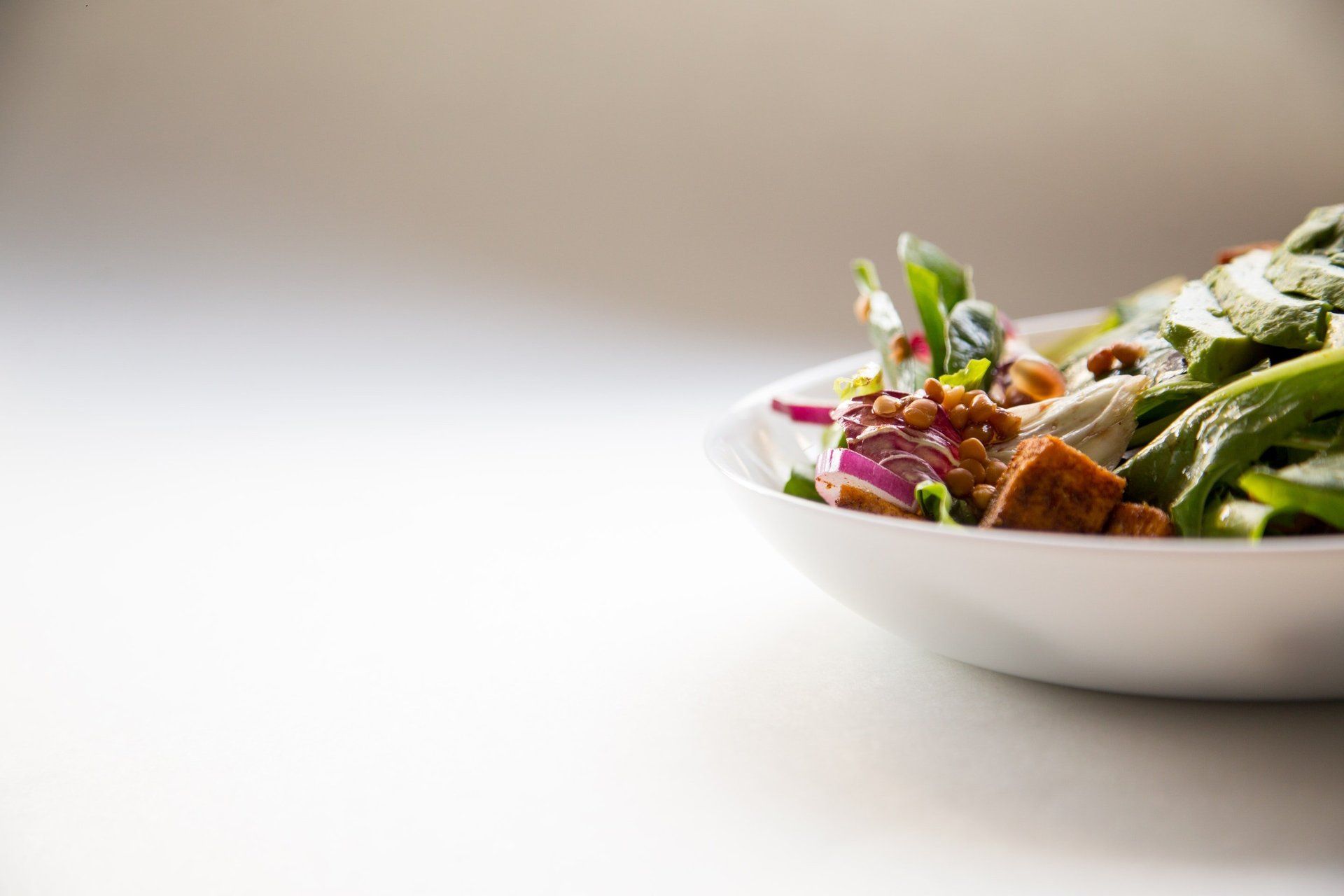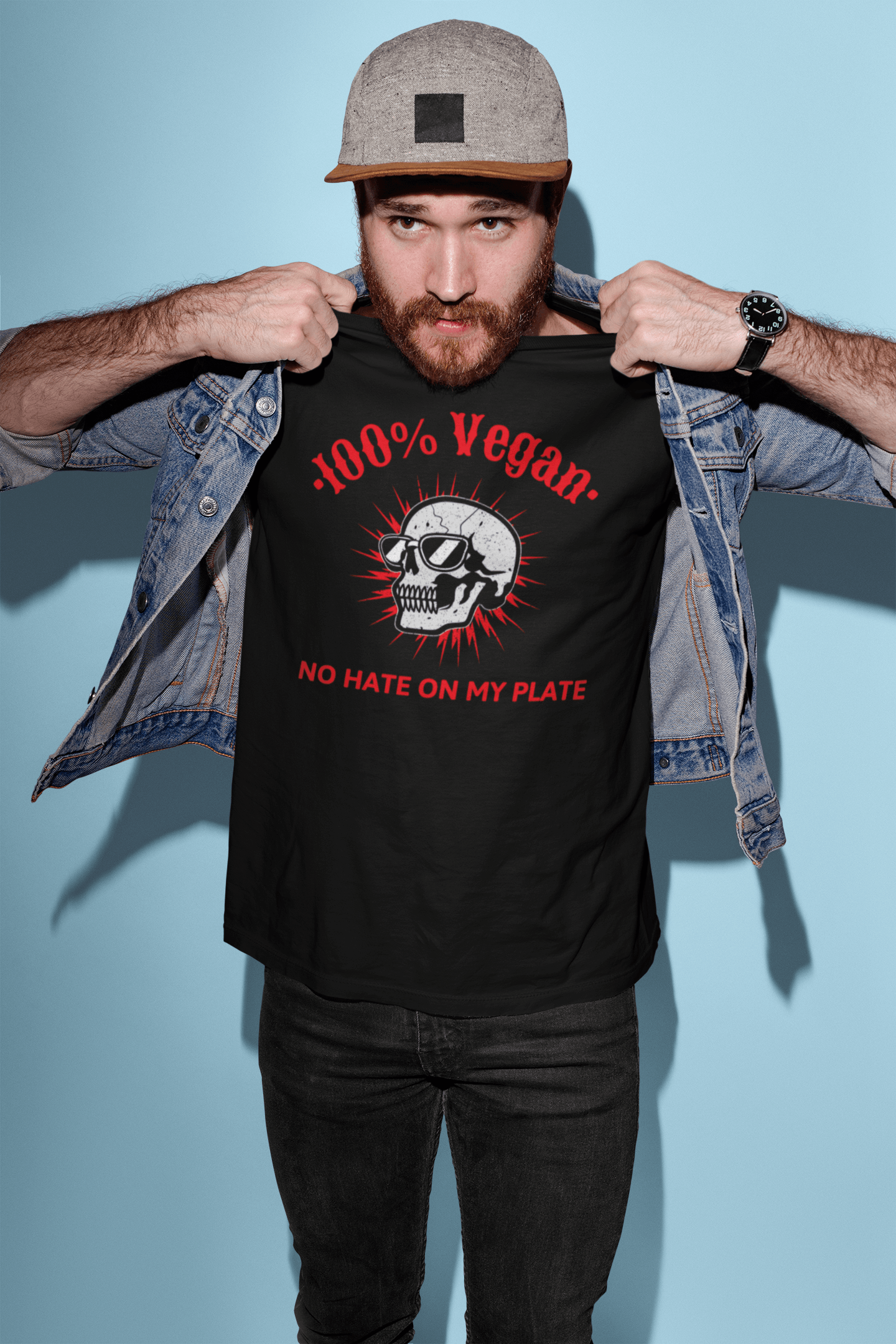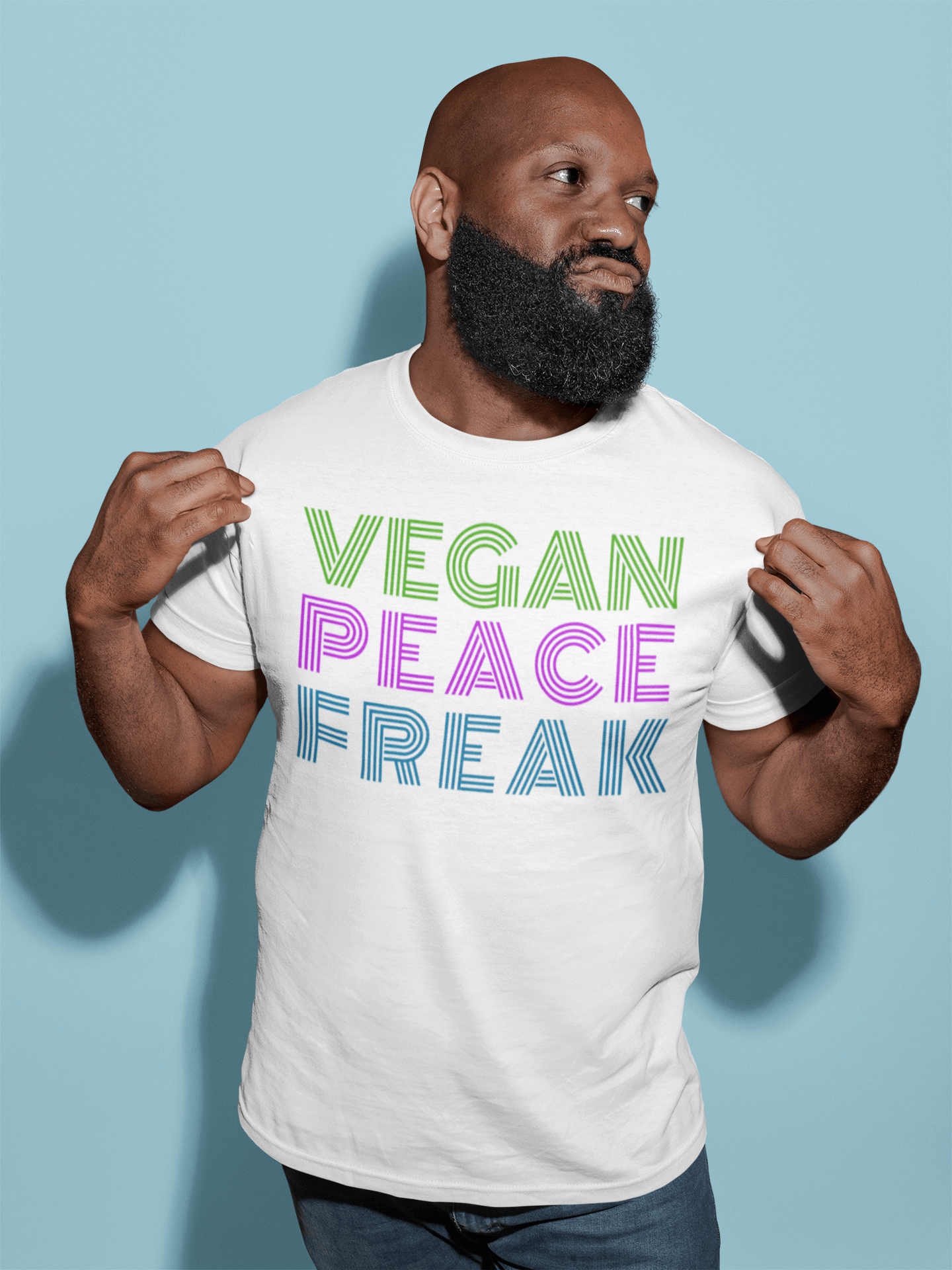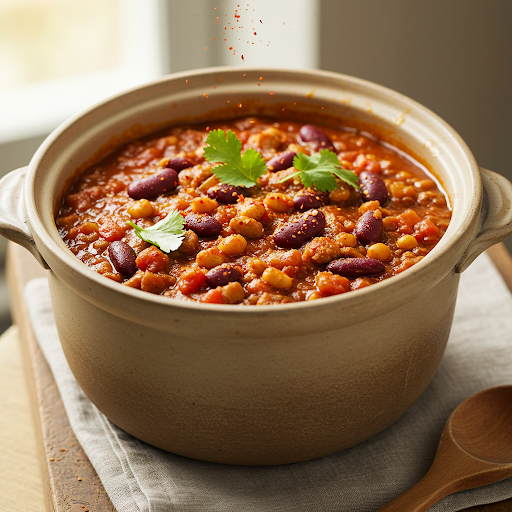Steps for Easing Into a Vegan Lifestyle
Jim Moore • October 25, 2020
Gentle and easy is the way to make an enjoyable transition to a vegan diet

Steps for Easing Into a Vegan Lifestyle
Over the years, more and more people have made a conscious decision to switch to a plant-based food lifestyle. In particular, real vegans will only consume fruits and vegetables, legumes, nuts and seeds, bread, rice, pasta, dairy alternatives, and vegetable oils. Living a plant-based food lifestyle means that you can’t eat foods such as beef, pork, lamb, chicken, duck, poultry, fish, shellfish, eggs, cheese, butter, milk, cream, ice cream, mayonnaise, or honey. If you currently consume any of the items not included in a plant-based lifestyle, it is essential to proceed with caution when making a change.
Seven Suggestions to Help You Ease into Vegan Eating
Any time you make a change to your diet, it is best to proceed slowly. The notion of “it takes 21 days to make a habit” applies here, but there is much more to it than that. The truth is that it takes at least 21 days and likely more. Further, if you are eating meat today, you don’t want to go “cold turkey” and flip the switch. Making an aggressive change too quickly, no matter how good it might be, can increase your chances of a setback.
Check out this list of easy recommendations to help you ease into a plant-based way of eating.
- Go slow. As mentioned, you need to take your time when making an aggressive switch such as this. Determine when you will start making the change, and make a note of it on your calendar. Making a note will ensure you have any crucial details later on as your body starts to adjust. Assuming you consume three large meals or six smaller meals each day, start rotating in two or three plant-based meals for the first week. Increase each week with an additional two to three meals. Continue to add in these new plant-based meals as a substitute for your old meals on a gradual basis until you are fully transitioned. Make notes of how you are feeling along the way.
- Modify your meat and processed food intake. As you start to substitute meat for plant-based nutrients, make changes to the type of meat that you are continuing to eat during the transitional period. Remove lunch meats and all processed foods from your diet. Make a note of when you do this.
- Make breakfast one of your plant-based meals. Starting off the day right will help you reap the benefits of your healthier lifestyle. Try some fruit and nuts for breakfast, or try out one of the hundreds of vegan breakfast recipes available online.
- Pay attention to protein. The DRI (Dietary Reference Intake) suggests that you should consume 0.36 grams of protein per pound of your body weight. This is 56 grams per day for the average sedentary man, and for the average sedentary woman, this is 46 grams per day.
- Vegan doesn’t mean junk food. There are many junk foods out there that technically can be considered vegan. But this doesn’t mean that potato chips, veggie straws, or chocolate chip cookies are good for you. Pay attention to what you are putting into your body, and don’t substitute meals with junk food just because it doesn’t have any forbidden ingredients.
- Add healthy foods to your pantry. Now is a good time to start ridding your pantry of junk items and other foods that might not be permissible for vegan eating. The less of this food you have around, the less tempted you will be to cheat or put something healthy into your body.
- Try new recipes frequently. One of the best strategies to help you stick to your new vegan lifestyle is experimenting with new recipes. This will keep your meals fun and exciting and will give you something to look forward to at mealtime.
Remember that transitioning to a vegan lifestyle will take time and experimentation. You might not like everything you try at first, so don’t be discouraged. By following the seven suggestions above, you’ll be set up for success and ready to embrace your new and healthier lifestyle.
Share Your Vegan Message with VeganGently.com Gear
Vegan Gently Blog

The modern culinary landscape demands inclusivity, and offering a spectacular vegan dessert is no longer a niche luxury—it’s a business necessity. This Tahini Coconut Milk Ice Cream provides a high-end, genuinely satisfying frozen treat that caters to guests who are dairy-free, vegan, or managing various allergies, ens

So, you're thinking about going vegan? That's awesome! Whether it's for ethical reasons, environmental concerns, or personal health goals, a vegan diet can be a powerful choice. But, like any major lifestyle change, it's important to understand the potential benefits and risks. Let's explore what recent medical literature tells us.














